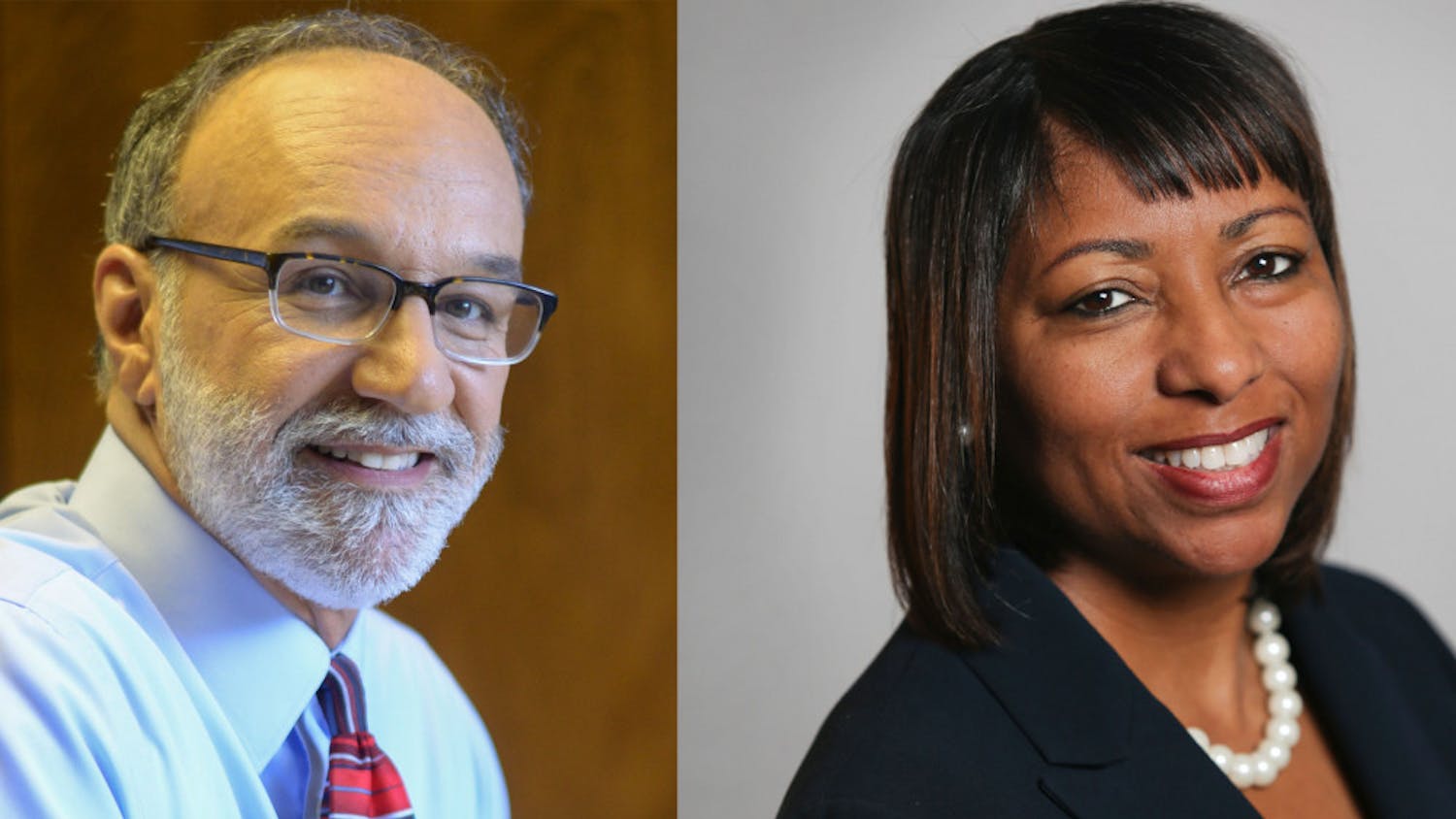As a product of the ‘90s teen pop revolution, it is incredibly difficult to avoid referencing Britney Spears in my writing.
It’s not my fault for wanting to.
She’s the divine matriarch of pop music, and everyone has been doing it since I was 11.
Before her triumphant return to pop prominence, Brit-tizzle opted to remake Bobby Brown’s “My Prerogative,” setting the stage for a number of decisions that left her salivating legions confounded and concerned.
The intro finds her opining about truth, implying that her personal truth can exist apart from the truth of those around her. The philosophical undertones of the song echo an increasingly popular view in our modern society, and I’m intrigued.
This begs a few questions: Is truth relative? Can morality be subjective? Do right and wrong exist?
The major religions would affirm that morality is objective, with their foundations being set on the idea that good and evil concretely exist in our world. Other streams of thought differ. Moral relativism, or postmodernism, is the idea that there is no absolute moral and ethical standard for humans to conform to. In essence, it is impossible — even judgmental — to distinguish wrong from right, because every individual is different, having had a subjective life experience.
This leaves me with some nagging questions. I understand the unsettling implications of ascribing to an absolute standard in this age of tolerance.
Our society is always complaining about what’s “wrong” with the world.
Gossip is “wrong” — if we’re the ones being gossiped about.
Cheating on your spouse is “wrong.”
Embezzling money from a company designed to help retirees is “wrong.”
Having children without health care is “wrong.”
We are great at calling a spade what it is, aren’t we?
It seems that we are constantly appealing to each other from some unspoken standard of fairness and justice, as though it were written in the fabric of our consciousness. We lack consistency in our convictions.
I understand if the idea of the Bible, the Quran or the Vedas nauseates you, but if we’re honest with ourselves, we’ve only replaced these ancient standards with a “common sense” that is only common to ourselves.
Bluntly speaking, most relativists aren’t relativists.
I’m probably overreaching, but I’ve only had the pleasure of meeting one person in my lifetime who truly believed that nothing was right or wrong, including rape or murder.
Bottom line: Some things are relative, and some things — like mathematics — are absolute.
Is morality of the former or the latter? Can truth be bent to the will of the person wielding it? Even more perplexing, what if your truth says my truth is a lie?
Still, a larger question remains: In whose standard should we trust?
Oops, I did it again.
Ryan Galloway is a religion senior. His column appears on Wednesdays. You can contact him at opinions@alligator.org.





